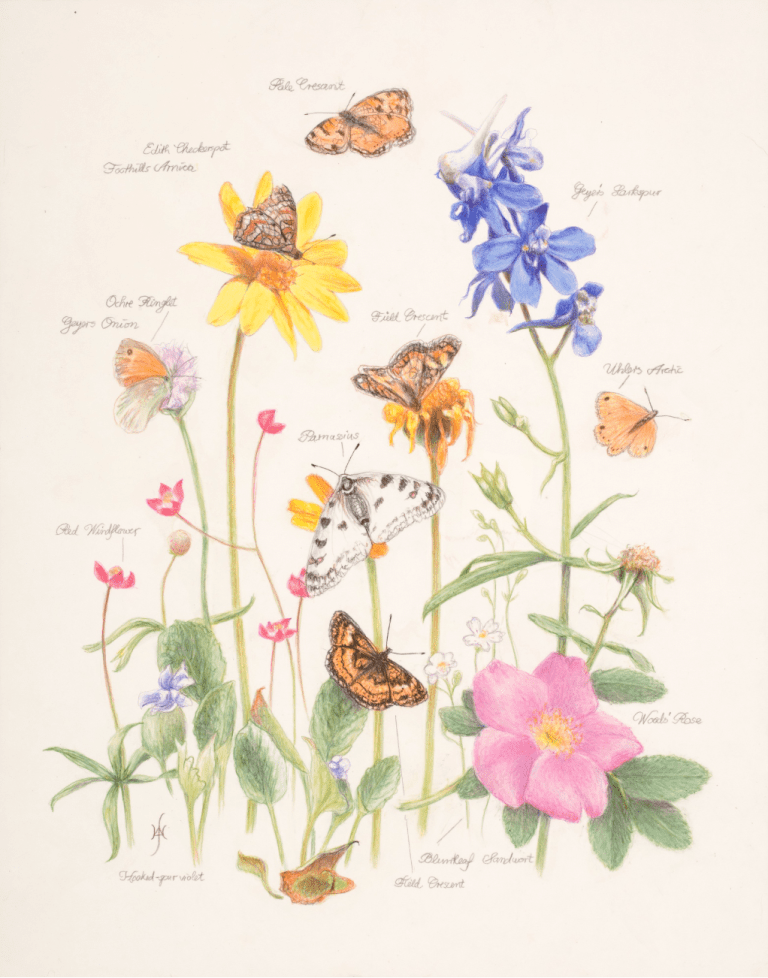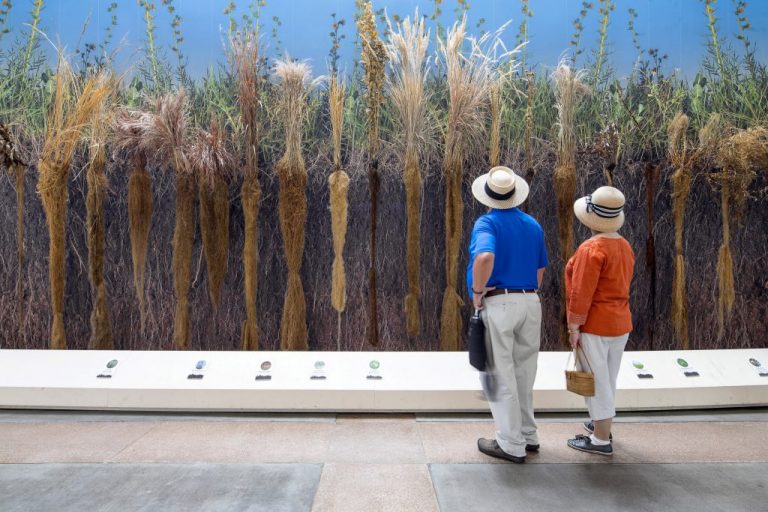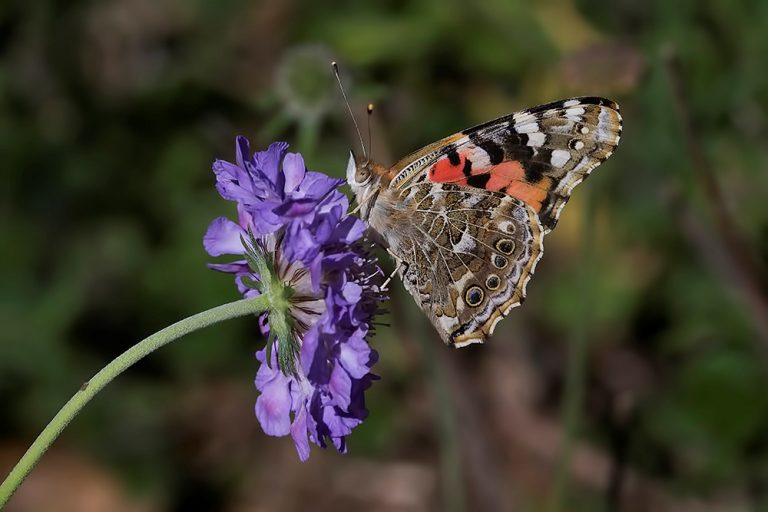At Betty Ford Alpine Gardens, we love to shine a spotlight on the wonders of the natural world—and few creatures are more important than the tiny pollinators that keep it all in motion. On August 7 2025, we were thrilled to host Pollinators of the American West: Meet Your Pollinator Neighbors, a special evening that brought together experts, community members, and plenty of curiosity about the bees, butterflies, beetles, and moths that shape our lives in ways most of us hardly realize.
Why Pollinators Matter
Pollinators are easy to overlook. They’re buzzing in our gardens, flitting past us in parking lots, or working quietly among the flowers in neighborhood parks. But behind their everyday presence is an extraordinary role: they are the tiny heroes responsible for the food we eat, the flowers we enjoy, and even the health of the air we breathe. Without pollinators, our ecosystems unravel.
Unfortunately, these species are in trouble. Across the globe, pollinator populations are declining at alarming rates due to habitat loss, pesticide use, climate change, and disease. As Shiran Hershcovich, Senior Lepidopterist Manager at Butterfly Pavilion, reminded us during the evening, “We depend on the survival of pollinators for critical services like the food that we eat and even the air that we breathe.”
A New Guide for the West
The highlight of the evening was the introduction of the brand-new field guide, Pollinators of the American West. Created through a partnership between scientists at Denver Botanic Gardens and Butterfly Pavilion, the guide serves as a groundbreaking resource for anyone who wants to better understand—and protect—these essential creatures.
The authors emphasized that pollinators aren’t only found in pristine wilderness. They are living alongside us in unexpected places—schoolyards, lawns, city streets, and parking lots. Once you learn to recognize them, a hidden world of diversity and beauty opens up.
Lessons from the Experts
Guests were treated to a fascinating exploration of the relationships between pollinators and plants. For millennia, these two groups have co-evolved, forming survival partnerships that sustain entire ecosystems. Understanding those intricate connections helps us appreciate not only the resilience of nature but also the fragility of the balance we must protect.
Equally inspiring was the emphasis on action. Conservation isn’t something that happens only in laboratories or protected lands. It can—and must—start at home. The speakers offered practical tools for supporting pollinators, including:
Planting native flowers that provide reliable food sources.
Reducing or eliminating pesticide use in our gardens.
Providing shelter and nesting spaces for bees and butterflies.
Advocating for pollinator-friendly practices in schools, parks, and communities.
An Evening of Curiosity and Conversation
The program wasn’t just about learning—it was about engaging. Guests brought thoughtful questions to the Q&A session, sparking conversations that ranged from the role of beetles in pollination to what climate change might mean for future migrations of butterflies.
What made the evening truly special was the spirit of discovery. When curiosity turns to fascination, conservation follows. That’s exactly what we hope for every time our community gathers at Betty Ford Alpine Gardens: that people leave not only with knowledge but with inspiration to act.
Looking Ahead
The challenges facing pollinators are real and urgent, but events like this remind us that solutions start with awareness. By meeting our “pollinator neighbors,” we begin to see them not as background buzz but as vital partners in our shared environment. Protecting them means protecting ourselves.
We are deeply grateful to Denver Botanic Gardens, Butterfly Pavilion, and the dedicated scientists who shared their expertise—and to everyone who joined us for an evening of learning, conversation, and hope.
At Betty Ford Alpine Gardens, we believe that every action, no matter how small, makes a difference. Whether you plant a patch of native wildflowers, support local conservation work, or simply take a moment to notice the bees in your backyard, you are part of the movement to help these tiny heroes thrive.





